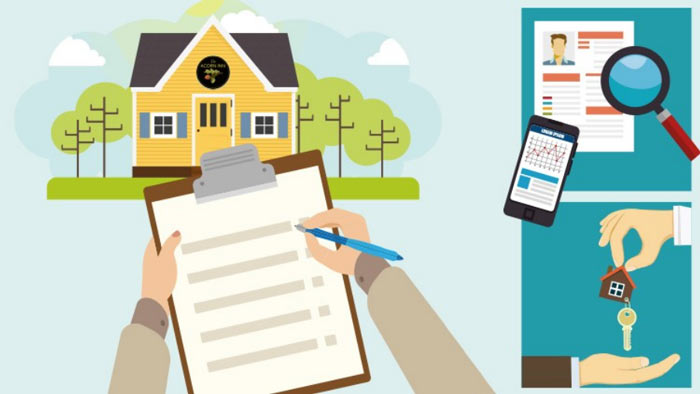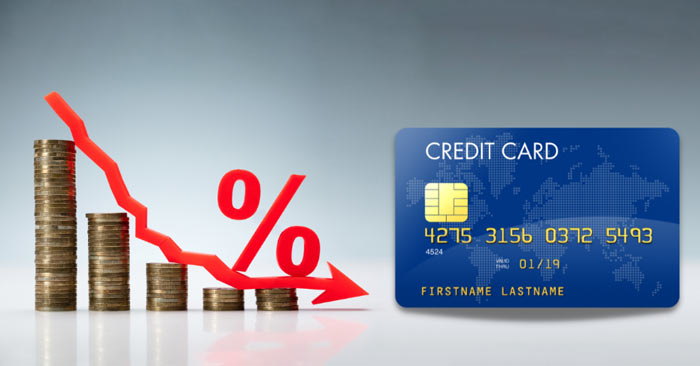Should You Buy Property on Leased Land?
Nov 20, 2024 By Kelly Walker
Advertisement
Finding the perfect home or property takes a lot of research, time, and effort. But what if you don’t actually own the land? This can happen when buying property on leased land. Owning property via a lease agreement might initially seem confusing; however, this option may bring some definite advantages in many situations.
We will look at the pros and cons of buying a home or business premises on leased land and help determine if it is right for you.
Leased Land

Leased land, also known as leased property or a leasehold estate, is when a person purchases the right to use and occupy a piece of real estate owned by another party. The buyer will be given exclusive rights to use and enjoy the property for an agreed period, usually one year to 999 years.
During this period, the land owner cannot legally evict the tenant or interfere with their enjoyment of the property. In exchange for these rights, the lessee pays rent at predetermined intervals outlined in their lease agreement.
How Land Leases Work

A land lease is a contract between the lessor (owner of the property) and the lessee (the person who pays to use the land). The lease outlines both parties’ rights, duties, and obligations. It also specifies any restrictions on how the leased property can be used, when rent payments are due, and how much they will be. Finally, the lease outlines the length of time that the lessee has the right to occupy the land.
How Leased Land differs from traditional real estate
Leased land differs from traditional real estate in a few key ways. Firstly, the lessee does not own the property and thus has no right to make changes to the structure or layout of the property. Secondly, leased land is typically subject to rent increases at predetermined intervals, as their contract states. Finally, upon expiration of their lease term, the lessee may be required to surrender possession of the property unless they can negotiate an extension with the landlord.
The Different Types of Leases and their Associated Costs
There are two main types of leases when it comes to leased land:
1. A gross lease
This type of lease requires the tenant to pay a predetermined amount to their landlord.
2. An annual fixed-rate lease
In this type, the rent is adjusted yearly and may vary depending on market forces.
The costs associated with leasing land can vary significantly as well. Property taxes, insurance, and maintenance fees are typically the lessee's responsibility, while some landlords may also require a security deposit or other upfront costs before signing a lease agreement.
Pros & Cons of Buying Property on Leased Land
There are both pros and cons that come with buying a home or business premises on leased land. Let’s take a look at these now:
Pros
Lower cost
The leased land is generally cheaper than traditional real estate, making it an attractive option for those looking to buy a property on a budget.
Flexibility
Leases are typically shorter than traditional mortgages, making moving easier if your needs or circumstances change.
Tax benefits
Leases are often considered business expenses so you may be eligible for tax deductions depending on your situation.
Fewer maintenance costs
Since you do not own the land, the landlord typically covers any major repairs or renovations to the property's structure.
The potential gain in value
If your lease agreement allows it, you can benefit from increases in market value if you choose to sell when the lease ends.
Cons
Lack of control over ownership and use of property
You are subject to any changes the landlord makes as they own the land and have the final say over what happens with it. Additionally, you cannot make any permanent changes to the property.
Rent increases
Your rent payments may increase over time, making it difficult to budget for or predict what your payments will be in the future.
Repossession
Upon lease expiration, you may need to surrender possession of the property if you cannot negotiate an extension with the landlord.
No Equity
Unlike traditional real estate, leased land does not provide any equity as you do not actually own it.
Limited resale value
When leasing a property, there is generally less demand when it comes time to sell and thus limited resale value.
Buying a home or business premises on leased land can have pros and cons that should be carefully considered before deciding. While it can be beneficial in terms of cost, flexibility, and potential gain in value, there is also the need for more control over ownership and use of the property and potential rent increases that must be considered.
Tax Implications of Buying Property on Leased Land
Regarding tax implications, leased land can be treated differently depending on the type of lease agreement and how it is used. First, the rent paid on a leasehold property may be deductible as a business expense for tenants who use the property for business purposes.
Capital gains taxes may apply when selling or transferring ownership of leased property in certain circumstances. It’s important to note that each person's situation is unique, and other factors could be at play when considering tax implications; thus, consulting with an experienced tax professional is strongly encouraged.
Special Considerations for Leased Land
Some special considerations should be considered when buying a property on leased land.
Remaining Time of the lease
Determining how much time remains on the lease before committing to it is important. You may need to surrender possession of the property once it expires if you cannot negotiate an extension with the landlord.
Regulations for the use of the land
The landlord typically has rules for how the leased land can be used, so familiarize yourself with these before signing any agreements.
Potential changes to the land
Consider any potential future changes, such as zoning or development, that could affect your use of the leased land.
FAQs
How do I know if the lease is renewable?
The lease agreement should outline the renewal terms, including any conditions that must be met and associated fees.
What happens when the lease expires?
Upon lease expiration, you may need to surrender possession of the property if you cannot negotiate an extension with the landlord. You may be subject to additional taxes or fees.
What happens if the property is sold?
If the leased land is sold, the tenant may be allowed to remain in possession of the property if they have a valid lease agreement; however, it’s important to consult with an experienced real estate lawyer for guidance.
Conclusion
When considering whether to buy property on leased land, there are pros and cons to weigh carefully. It is important to be mindful of the potential risks associated with such a purchase, including sudden increases in monthly payment amounts or changes to the duration of the lease agreement. That being said, investing in real estate located on leased land can also be advantageous due to potentially lower appraisal costs and the long-term benefits of ownership without a mortgage.
Advertisement

John Davis Nov 09, 2024
Is Gross or Net Income Better for Calculating Mortgage Affordability?
47557

Kelly Walker Aug 05, 2024
Profit Margin vs. Markup: What's the Difference?
11224

Rick Novak Aug 24, 2024
Unveiling Shares Outstanding: A Comprehensive Guide
19152

Rick Novak Sep 04, 2024
Exploring Your Student Loan Repayment Choices
19988

Kelly Walker Dec 24, 2024
The Difference Between Payday and Installment Loans
83923

Kelly Walker Sep 16, 2024
How Personal Loans Affect Your Credit Score
59854

John Davis Dec 28, 2024
Why it’s Time to Get Rid of Your Debit Card
73692

John Davis Nov 17, 2024
Beginner's Guide: 7 Simple Steps to Starting Your Instagram Blog
70850